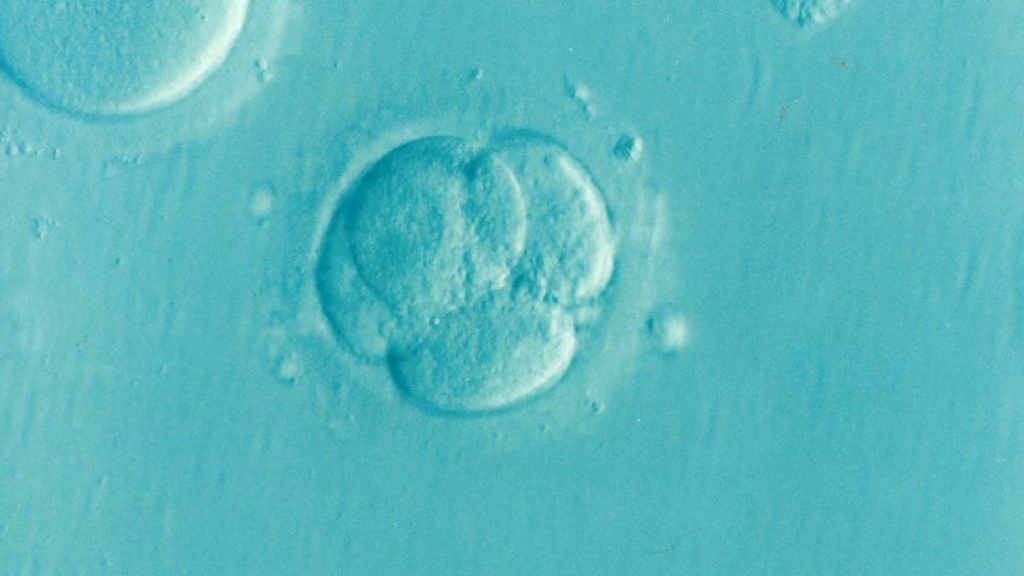New Scientist, 22nd March 2021

A developing embryo reverses signs of ageing and appears younger than the fertilised egg from which it arose. The finding suggests that embryos are able to rejuvenate, which could lead to ways of reversing age-related diseases.
One of life’s great mysteries is how aged parents produce youthful offspring. Our cells show signs of age as a result of the accumulation of damage wrought by the environment and the body’s metabolism, and yet the eggs or sperm that our bodies make can combine to produce a baby biologically younger than its parents.
This has led biologists to suggest that the germline, the cells that give rise to eggs and sperm and which carry genes down successive generations, are immune to ageing. But recent research shows that not only does the germline age, but that ageing starts even as embryos develop in the uterus, much sooner than we thought.
“Then the question is, if ageing begins earlier, when does it actually begin?” says Vadim Gladyshev at Brigham and Women’s Hospital in Boston.
Age-related damage manifests as changes to patterns of chemical marks – known as methylation – on the DNA in the genomes of cells. These “epigenetic clocks” correlate…